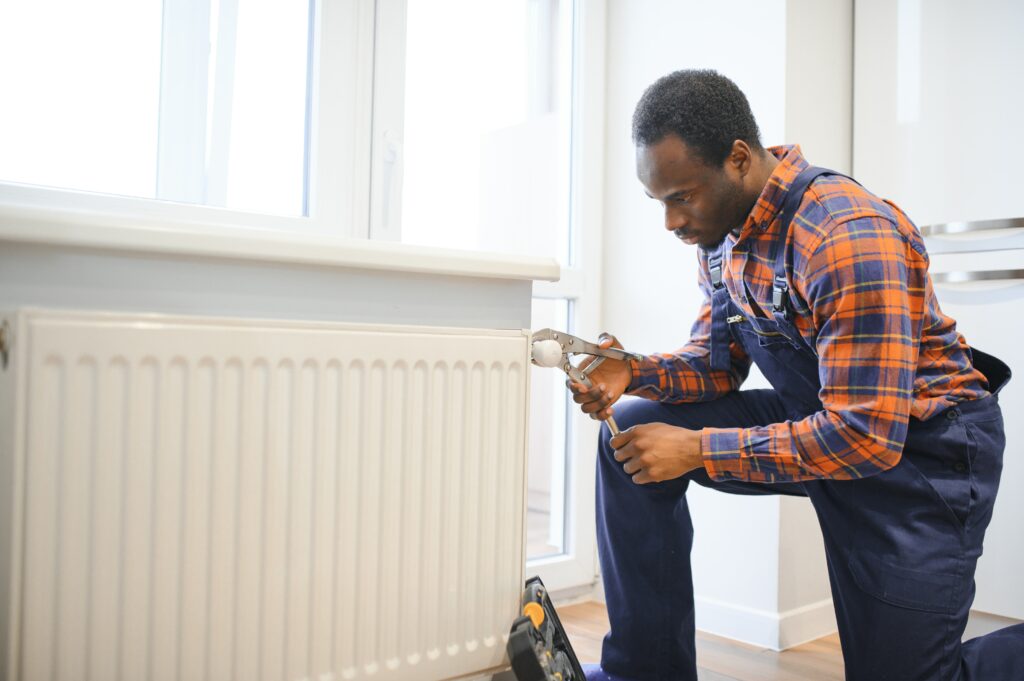Keeping your home warm and comfortable during the colder months is a priority for many homeowners. However, as the seasons change, it’s crucial to ensure your heating system is functioning optimally. This article explores key signs that indicate it may be time for a heating system tune-up, helping you maintain a cozy home environment.
Understanding Your Heating System
Heating systems, whether they be furnaces, boilers, or heat pumps, play a significant role in maintaining indoor comfort. Understanding the basic components and functions of these systems can help you identify when they may require maintenance or repair.
The Basics of a Heating System
A typical heating system consists of three primary components: the heat source, the distribution system, and the control system. The heat source can vary; for example, a furnace burns fuel to create heat, while a boiler heats water. The distribution system, typically made up of ducts or pipes, is responsible for delivering warm air or hot water throughout your home. Finally, the control system includes thermostats and other devices that regulate the operation of your heating system.
Each type of heating system has unique characteristics and maintenance needs. Understanding these basics will help you monitor the performance of your own system effectively. When you recognize how these components work together, you’ll be better equipped to spot problems as they arise. For instance, if you notice uneven heating in different rooms, it could indicate an issue with your distribution system, such as blocked ducts or air leaks. Additionally, knowing the age and efficiency rating of your heating system can guide you in making informed decisions about upgrades or replacements, ensuring you maintain a comfortable living environment.
Importance of Regular Heating System Maintenance
Regular maintenance is crucial for ensuring your heating system operates efficiently. Much like a car that requires routine oil changes and inspections, heating systems benefit from periodic check-ups to optimize performance and extend lifespan.
Routine tune-ups can include tasks such as cleaning the furnace or boiler, checking and replacing filters, and ensuring that the thermostat is calibrated correctly. Ignoring maintenance can lead to decreased efficiency, increased energy bills, and even unexpected breakdowns during the coldest months of the year. Moreover, regular maintenance can also enhance the safety of your heating system. For instance, a malfunctioning furnace can produce dangerous carbon monoxide, a colorless, odorless gas that can be deadly in high concentrations. By scheduling annual inspections with a qualified technician, you can ensure that your system is not only running efficiently but also safely, providing peace of mind during the frigid winter months.
Recognizing the Signs of a Failing Heating System
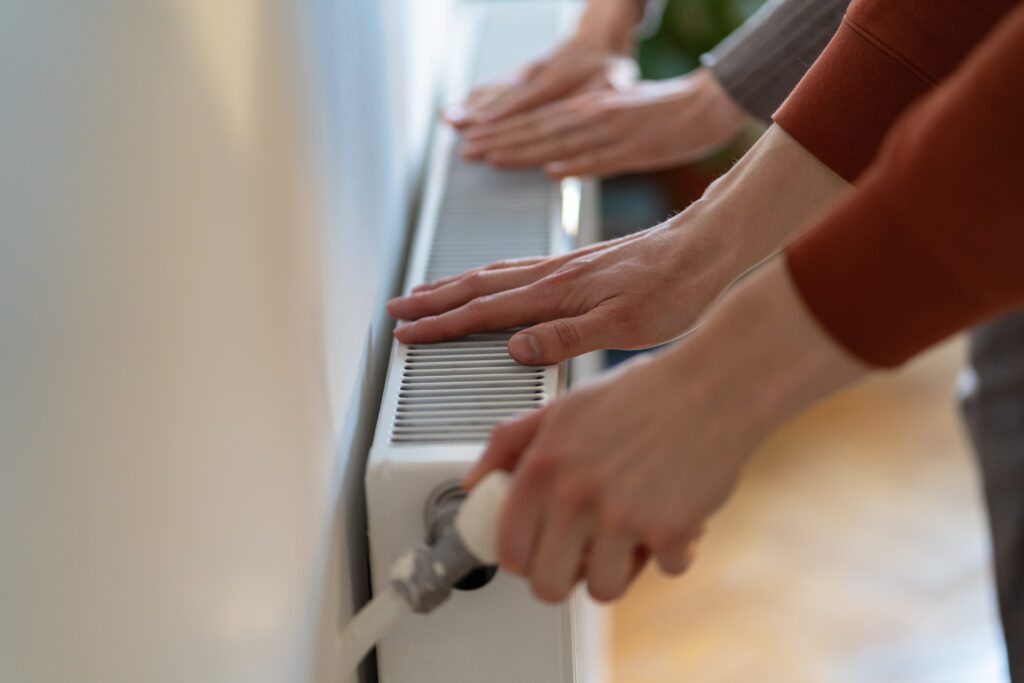
Knowing the signs of a failing heating system can help you address issues before they escalate into major problems. Here are several indicators to watch for:
Unusual Noises from Your Heating System
If your heating system starts making strange noises, it could be a sign of a malfunction. Common sounds such as banging, clanking, or squeaking can indicate loose parts, airflow issues, or even potential mechanical failures.
Pay attention to the types of noises you hear and their frequency. If the sounds persist or worsen, it’s best to consult a professional to diagnose the issue accurately. Ignoring these signs might lead to more significant damage and costly repairs. Additionally, some noises may be more specific; for instance, a hissing sound could suggest a refrigerant leak in heat pumps, while a popping noise might indicate expanding ductwork. Being vigilant about these sounds can save you from a complete system breakdown.
Inconsistent Temperatures Throughout Your Home
Are some rooms in your home significantly colder or warmer than others? Inconsistent temperatures may indicate problems with the heating system’s efficiency or effectiveness. Issues such as blockages in ductwork, malfunctioning thermostats, or failing heating elements can all lead to uneven heating.
To address this, consider checking air vents for blockages, ensuring doors and windows are sealed, and even adjusting thermostat settings. If the problem persists, it’s time to seek professional assistance to diagnose and mitigate the issue. Moreover, you might want to explore the possibility of zoning systems, which allow for more precise temperature control in different areas of your home. This can not only enhance comfort but also improve energy efficiency by directing heat only where it is needed.
Rising Energy Bills
Notice your energy bills creeping up even though you’re not using your heating system more than before? An inefficient heating system can lead to increased costs. If repairs or maintenance have been neglected, your system may work harder to heat your home, driving up your energy consumption.
Tracking your utility bills allows you to establish a baseline for your energy usage. If you see a significant increase without an understandable cause, it may indicate that your heating system is struggling. A tune-up can help restore efficiency and lower your bills. Furthermore, consider investing in a smart thermostat, which can optimize your heating schedule based on your habits and preferences. This not only helps in managing energy consumption but also provides insights into your heating patterns, allowing for more informed decisions regarding your heating system’s operation.
The Role of a Professional in Heating System Tune-Up
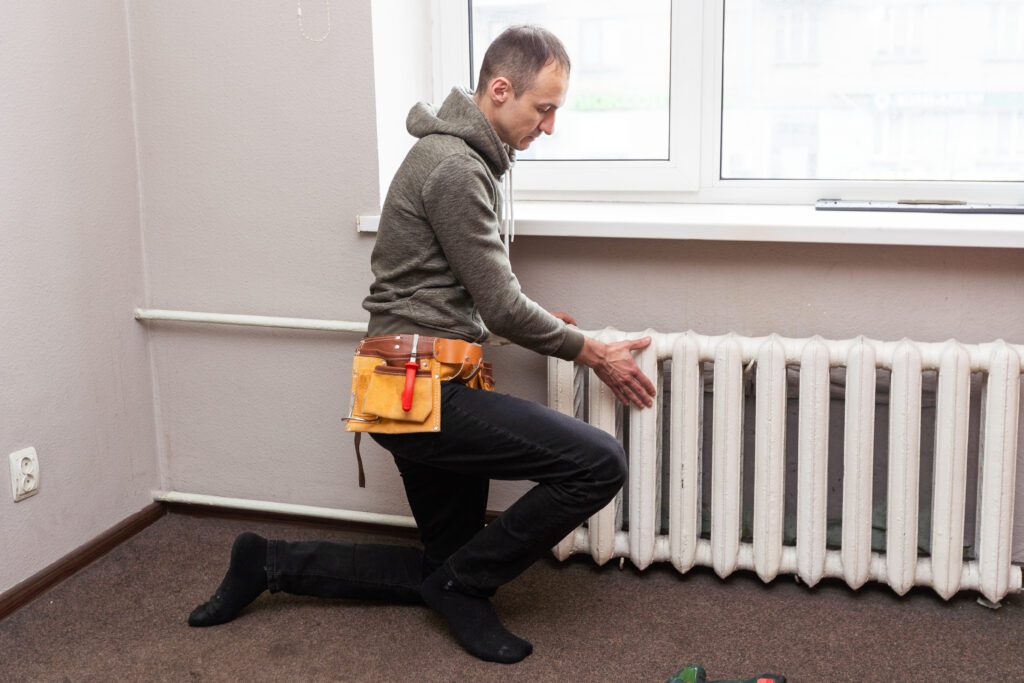
While some homeowners feel comfortable performing basic maintenance tasks, a professional technician is often necessary for more in-depth inspections and repairs. Their expertise can help ensure your heating system operates smoothly and safely. A well-maintained heating system not only enhances comfort but also contributes to energy efficiency, potentially saving you money on utility bills over time.
When to Call a Professional
It’s essential to know when to seek professional help for your heating system. If you notice any of the aforementioned signs—unusual noises, inconsistent temperatures, or rising energy bills—it’s wise to call an expert. Additionally, if your system is more than 10 years old, annual professional inspections can help catch potential issues early. Homeowners should also be aware of the importance of addressing any strange odors emanating from the heating system, as this could indicate a serious issue that requires immediate attention.
Many heating service providers offer comprehensive tune-up services that involve detailed inspections, cleaning, and tune-ups to optimize performance. Regular appointments can prevent small issues from turning into large, costly repairs. Moreover, these professionals often have access to the latest technology and diagnostic tools, enabling them to identify problems that may not be visible to the untrained eye. By investing in regular maintenance, you not only prolong the lifespan of your heating system but also maintain a safe environment for your family.
What to Expect During a Heating System Tune-Up
During a heating system tune-up, a technician will perform a thorough inspection and maintenance of your system. Typically, this includes checking the heat exchanger for corrosion, inspecting gas connections, cleaning burners, and testing all safety controls. The technician will also evaluate the overall efficiency of the system, ensuring that it meets current safety standards and operates at peak performance levels.
They may also clean or replace filters, check the ductwork for leaks, and ensure that the thermostat functions correctly. Expect the technician to provide you with a detailed report of their findings and recommendations for repair or further maintenance as needed. This report can serve as a valuable reference for future maintenance and help you keep track of any recurring issues. Additionally, many professionals will offer advice on how to improve your heating system’s efficiency, such as tips on proper thermostat settings or recommendations for energy-efficient upgrades that can enhance overall performance.
Preventive Measures for Heating System Longevity
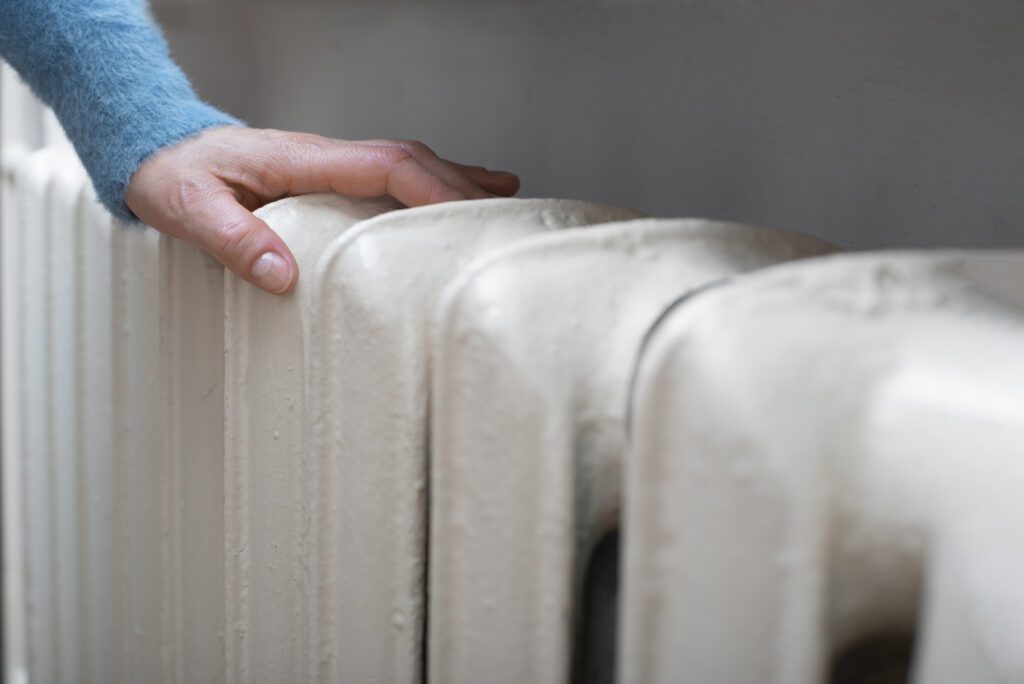
Taking proactive steps to care for your heating system can significantly enhance its longevity and performance. Here are some preventive measures to consider:
Regular Cleaning and Maintenance
Regularly cleaning your heating system is essential for optimal performance. This includes changing air filters every one to three months and scheduling annual professional inspections. A technician can identify issues before they become critical, saving you time and money.
Furthermore, keeping the area around your heating equipment clear helps ensure proper airflow and functionality. Dust and debris can lead to overheating, which may ultimately cause system failure. Additionally, consider cleaning the vents and ducts periodically to remove any accumulated dust or allergens, which can improve air quality and system efficiency. Investing in a duct cleaning service every few years can also help maintain the effectiveness of your heating system.
Proper Use of Your Heating System
How you use your heating system affects its efficiency and life span. Set your thermostat to a reasonable temperature, and consider using a programmable thermostat to optimize usage when you’re not home.
Also, avoid cranking up the heat to warm your home quickly, as this causes the system to work harder and decreases its efficiency. Educating yourself on proper usage will not only enhance comfort but also contribute to energy savings. Moreover, sealing any drafts around windows and doors can prevent heat loss, allowing your heating system to operate more efficiently. Simple measures like using heavy curtains or thermal blinds can also help retain warmth during colder months, further reducing the workload on your heating system.
Conclusion: Staying Warm and Safe with a Well-Maintained Heating System
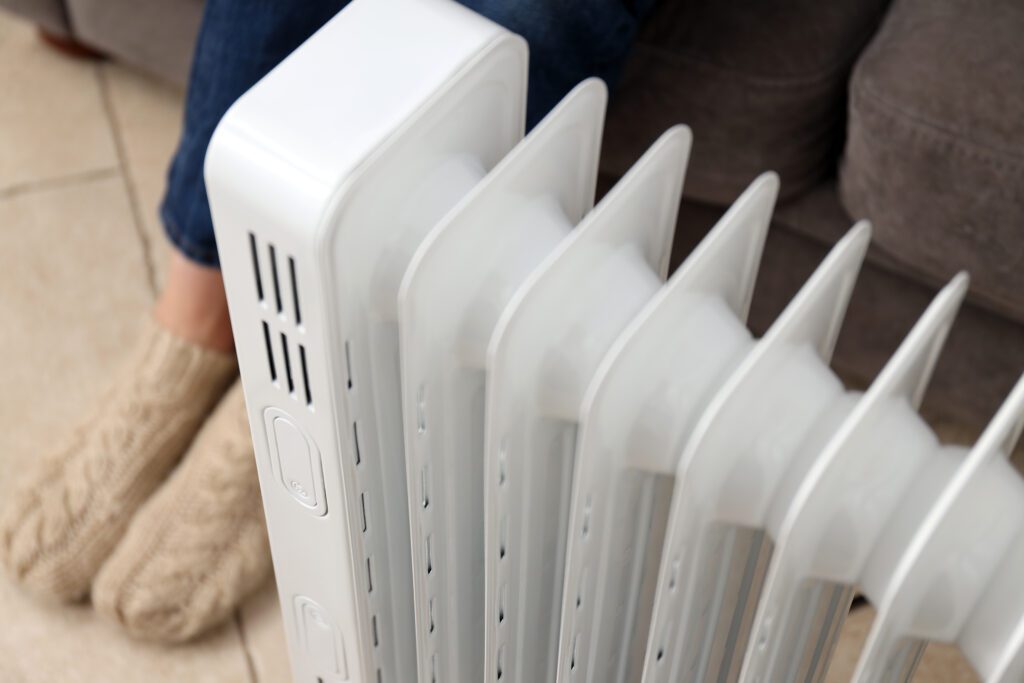
Recognizing the signs that it’s time for a heating system tune-up is crucial for maintaining a comfortable and safe home during the chilly months. By understanding your heating system, knowing when to call a professional, and engaging in preventive measures, you can ensure it runs efficiently and effectively.
Remember that regular maintenance is key to avoiding unexpected breakdowns and high energy bills. Stay vigilant about the health of your heating system, and take action at the first sign of trouble. A well-maintained heating system not only keeps your home warm but also provides peace of mind.

